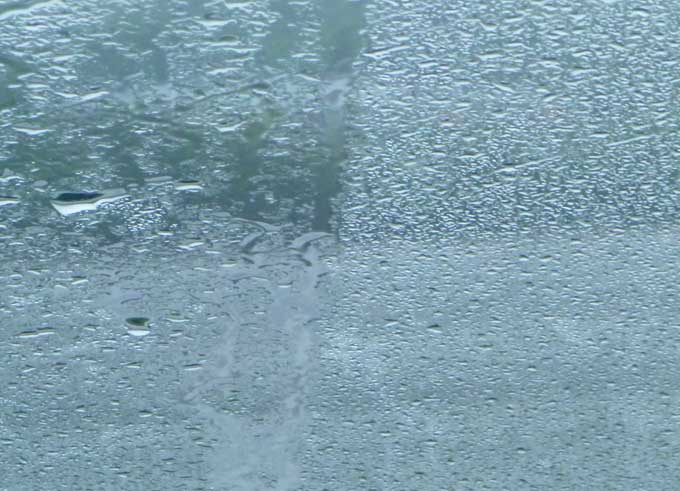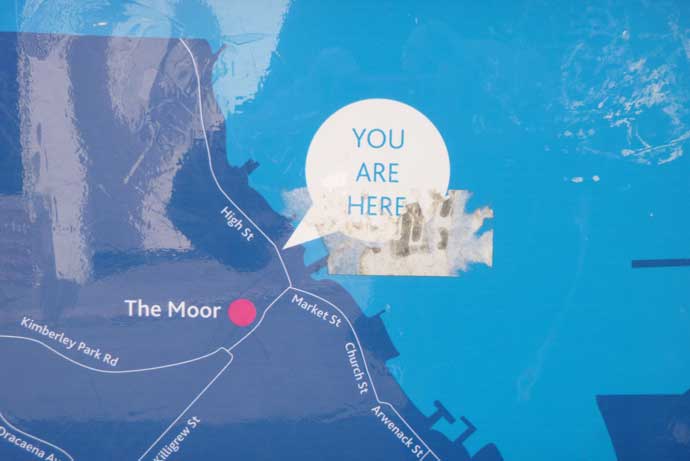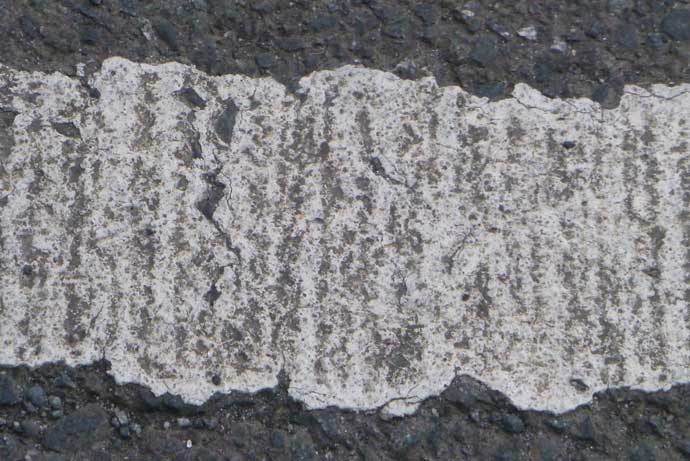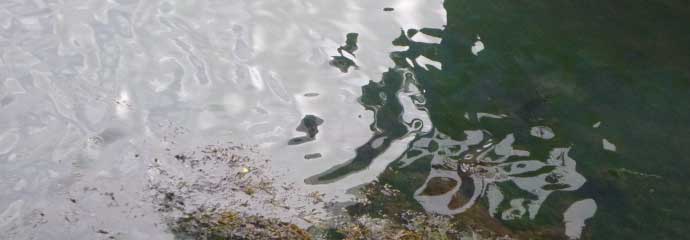Except that parliament was disagreeing with the monarch. So the referendum was intended to settle the question once and for all: do you want the king to rule, or parliament? But to everybody’s great surprise – before the vote, all of London was hailing the new era of parliamentary democracy – the country turned out to be split down the middle. There was a slight – very slight – majority in favour of keeping the Divine Right of Kings to Rule, but as the scribes and pharisees (what are they doing here?) were quick to point out, a third of the populace didn’t even bother to vote.
If you assume, so the scribes' argument ran, that non-voters are more likely to be in favour of the status quo, you can lump them in with the Parliamentarians and discover that, although the Royalists won the actual vote, the Parliamentarians won the argument. Given the scale of the projected change to the constitution, this argument had some force. But the counter-argument was also compelling: parliament had set the terms of the referendum, and committed itself to respecting the result. The two sides became entrenched; efforts to find compromise only complicated the issue. Thus began the Long Parliament (1640-2019), in which everybody had an opinion, and nobody had the authority to make a decision stick.
Early on, the question arose: the Divine Right of Kings to Rule what exactly? After all, it would be ridiculous to argue that the DRKR meant that the king should rule everything. Surely a “soft” DRKR, in which the king got to decide the menus for royal banquets, would be closer to what the populace had intended when they voted for the DRKR to stay in place? Or – another voice shouted across the debating chamber – maybe they meant that the king should be in charge of foreign policy while we actually run the country? But that idea was immediately shouted down – existing trade relationships were too important to be left to one man and his extended family of royal cousins overseas. They argued according to national interest anyway, whatever the treaties said.
And it couldn’t possibly be the case that the populace had no confidence in parliament. Before the Long Parliament – and by the way, this is one of the ironies that make alternative history such a rewarding subject to study – parliament had been a relatively efficient (for its time) decision-making body. The actual business of clogging up the country with red tape and bureaucracy was left to the various ministries (“Leadership by management; management by measurement!” was a slogan of the time), but in matters of preferment and privilege (see also the discussion of the “expenses scandal” in Chapter 19), parliament knew what it wanted and went out and got it.
Much of the credit for the efficient running of parliament belonged to the two-party system. This was a system of patronage whereby honourable members (and the rest) aligned themselves with either the Whig (they wore wigs, but couldn’t spell) or the Tory (tall stories, ditto) faction, and voted thereafter along party lines. Individual MPs accepted the trade-off between having an opinion of their own – in which case, nobody listened to them – and voting according to their faction’s party line – in which case, at least they had a chance of sitting on the front benches eventually. The front benches had legroom.
As the Long Parliament wore on, party discipline broke down. This was partly due to the advent of social media – smaller, more efficient printing presses on which pamphlets and newspapers and op-ed opinion pieces could be rapidly printed and disseminated – and partly due to the new-fangled 24-hour news cycle, a related development whereby the space available for the presentation of opinions rapidly outgrew the supply of opinions from the usual sources. There was so much white space to be filled in the news-sheets that talkative MPs – those who could generate opinions on anything at short notice – found themselves in demand.
In the terminology of the time, there was a shortage of “talking heads” that would offer “challenging opinions” and “incisive commentary”. Demand for opinions continued to grow. Now, for the first time, an individual MP could express an opinion to the media (thus bypassing parliament, note) and have the illusion of being heard. For the first time, MPs could gain influence – “raise their public profiles” – outside parliament, and crucially, outside the two-party system. The proliferation of opinion (Chapter 19 again) was a significant causative factor in the breakdown of two-party discipline and the early development of the One-Person Party system we know today.
But it took the nationwide split over the DRKR, and the resulting Civil War, to drive change. Without that, this country would still be a United Kingdom. We may look back at the years of debate over the various theological justifications for the DRKR, and the assorted scriptural refutations, and we may acknowledge the force of Dr Johnson’s observation, mid-way through the Long Parliament – “A pox on your hard and soft options, sirrah! A pox on your theologies! The populace have voted – has voted, I grant you, spellcheck – and they just don’t want it!” – and we may despair of ever achieving a settlement.
But we have to acknowledge, even so, that without the DRKR, and the Civil War, and all those Hard and Soft Options, and those inflexibly opinionated MPs, we wouldn’t be where we are today.

We talked about music. Jazz. We became discursive on the subject of ceramics. Art, more music, ballet, theatre, children, dogs, local radio. Somebody mentioned [redacted] and his bid to lead the [redacted] Party, but that passed quickly, and I don’t think President [redacted] even came up. Which is the measure of a good conversation these days. It was an enjoyable party, four days after a Europe-wide election, and the part of the conversation that comes back to me now, because I’ve been thinking about it, is the part about hair-washing.
Somebody who was sat – sitting – in that half-circle of chairs doesn’t wash her hair. Somebody else washes her hair only occasionally. When I say “doesn’t wash”, I mean – doesn’t use conventional shampoo. To wash your hair with conventional shampoo means to squeeze chemicals from a plastic bottle onto your head and massage them in. And I’m thinking now: why do we do that? Whether you’re vegan, green, health-conscious, worried about the planet, a hypochondriac or (let’s be inclusive here) embarrassingly carnivorous, pouring chemicals onto your head counts as normal. And I’m thinking – huh?
I have a substance in my bathroom, in a plastic bottle, that contains chamomile. I don’t know what chamomile looks like, but if you came to a brunch party at my house and told me I have chamomile in my garden, I’d believe you. If you pointed out the chamomile, I could pick a bunch of it, take it up to the bathroom, and next time I feel an urge to dowse myself in chemicals, I could rub it on my head. The thing about not using conventional shampoo is actually about letting “natural oils” do their thing, but still. I could comb out the chamomile flowers easily enough.
Natural oils. You rinse out any impurities every now and then, in running water, but generally, your hair just self-corrects. You don’t have to use anything. At all. Nada. Which makes this whole subject even more perplexing. I can imagine an ancestor of mine being persuaded that using chemicals is easier than boiling up vats of chamomile, letting them cool, et cetera, but to go from nothing to a plastic bottle full of liquid that froths up into a lather – even if the plastic bottle has a nice picture of nature on it – to go from nothing to all that kerfuffle (not to mention the “avoid contact with eyes” aspect) is just weird.
I’m not against shampoo. I’m sure all the chemicals are properly mixed together in shiny steel vats and responsibly pumped into ranks of plastic bottles marching along on conveyor belts. I’m sure that the huge plastic (?) barrels in which the individual chemicals are delivered are rinsed out and taken to the recycling centre. I’m sure that the rivers around the factories are clear. But – the whole business strikes me as odd. I’ve just gone into the kitchen, and yes, I’m washing my dishes with a substance, in a plastic bottle, that apparently contains “real lemons”. How come I’m not scrubbing my dirty dishes with real lemons?
This is how we live, and the more I think about it, the weirder it seems. I’m not saying that I should keep a cow in my kitchen, rather than a plastic bottle of milk in my fridge, and I’m entirely happy that the “farmyard manure” I put on my garden comes in a sealed plastic sack with “farmyard manure” printed on the outside. No horses need apply. But that conversation in the garden about hair being naturally capable of looking after itself just brought it home to me that – yeah. Like I said, the weirder it seems.
Now, who do you think should lead the Conservative Party to calamitous defeat at the next General Election?



